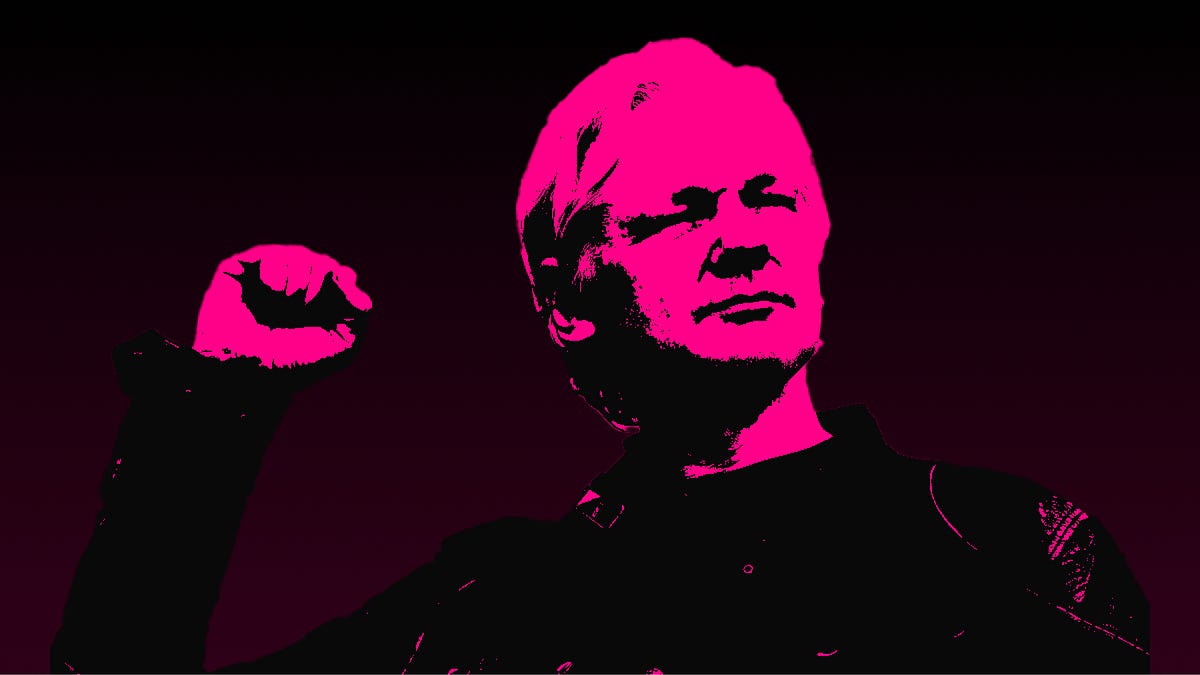Latest tomi News

7 months ago
Exploring the Potential of OZO, Mil.k, and TOMI in the Blockchain Space
The blockchain landscape is rapidly evolving, with numerous projects vying for attention. Among these, OZO, Mil.k, and TOMI have emerged as notable contenders, each presenting unique propositions that could potentially lead to significant returns. This article delves into the core attributes of these three tokens, exploring their potential to achieve a remarkable 20X growth.
OZO, or Ozone Chain, is built on quantum-resistant technology, positioning it as a robust investment for the future. Analysts predict that as more users adopt OZO, demand will surge, driving up its price. Currently trading at $0.2304, OZO boasts a low volatility rate of 0.22%. With projections indicating a potential price increase of 227.98% over the next month, reaching approximately $0.766306, OZO is seen as a long-term investment, particularly for industries requiring high-security data solutions, such as healthcare and government.
On the other hand, Mil.k is revolutionizing the loyalty points landscape by providing a platform that connects various reward systems across service providers, particularly in the travel and lifestyle sectors. Priced at $0.2125, Mil.k aims to create a global marketplace for trading loyalty points, addressing the fragmentation issue prevalent in the industry. With expectations of a 20-30% increase in value over the next six months, Mil.k could see its price stabilize around $0.3561. Meanwhile, TOMI distinguishes itself through its decentralized approach, enhancing user privacy and content ownership. Currently valued at $0.03417, TOMI has the potential for a 20-40% growth as it expands its user base and partnerships. Each of these projects holds promise, with the potential to significantly impact the blockchain sector in the coming years.

8 months ago
Julian Assange's Release Sparks Debate on Press Freedom and Censorship
Julian Assange, the founder of WikiLeaks, recently addressed European lawmakers following his release, claiming that the United States coerced him into pleading guilty to journalism. After spending 14 years in detention, Assange stated he chose "freedom over unrealizable justice." He emphasized the increasing threats to journalists and publishers, urging lawmakers to implement measures to protect whistleblowers and journalists from unjust persecution and governmental retaliation. Assange's case has sparked widespread debate about the state of press freedom and the implications of government actions against those who expose misconduct.
Assange's journey began with the founding of WikiLeaks, which gained notoriety for publishing classified documents, including a 2010 release of footage showing a US military helicopter attack on civilians. His legal troubles escalated when he faced sexual assault charges in Sweden, which he denied. In 2019, he was arrested in London under a US extradition request for espionage. Many advocates for free speech, including a United Nations panel, have labeled his detention as arbitrary, raising concerns about the criminalization of journalism and the erosion of press freedoms worldwide. The alarming trend of journalists being arrested under national security pretenses continues to grow, with a record number of arrests reported in 2023.
In response to the growing censorship and control over information, projects like tomi aim to create a decentralized internet that prioritizes free speech and user privacy. By leveraging Web3 technologies, tomi seeks to empower individuals to express their opinions without fear of government retaliation. This initiative includes developing a decentralized browser, storage solutions, and communication tools designed to protect the rights of journalists and the public. As the landscape of journalism becomes increasingly precarious, the adoption of decentralized technologies could serve as a crucial safeguard against censorship and promote a more transparent and open digital ecosystem.
Signup for latest DePIN news and updates